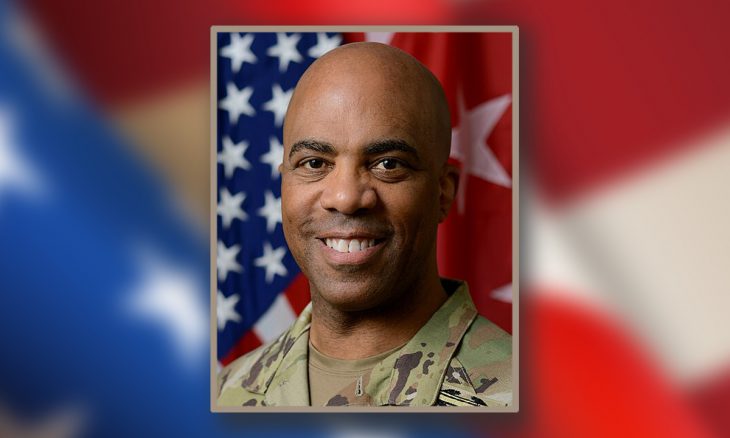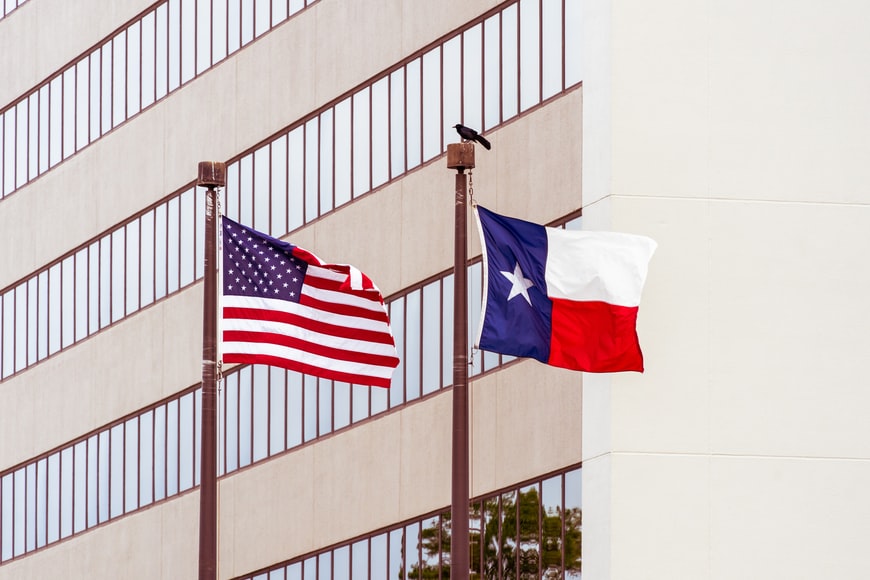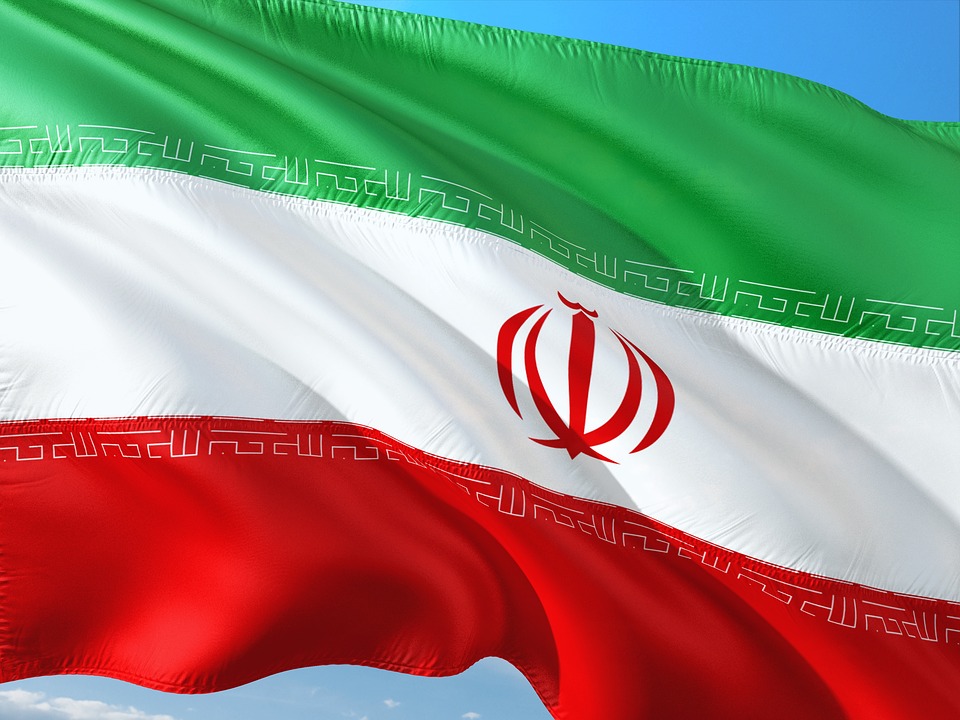General Ronald P. Clark
Commander, U.S. Army Pacific
Ronald Patrick Clark was born in August 1966 in Montana. He graduated from the U.S. Military Acadamy at West Point and was commissioned as a second lieutenant.
Clark served as a rifle platoon leader and scout platoon leader in Germany and Southwest Asia for Operation Desert Shield and Operation Desert Storm. He serves as the commander of an infantry regiment and then as aide-de-camp to a commanding general in Hawaii.
Clark served as operation officer and executive officer in Louisiana, then as aide-de-camp to a general in Georgia. He commanded a battalion in Kentucky and Iraq during Operation Iraqi Freedom. He served as Chief of Infantry Branch in the U.S. Army Human Resources Command and was Director of the West Point Center for the Army Profession and Ethic. He held additional command and director positions in the Army and the Pentagon.
Clark commanded U.S. Army Central, then was chief of staff of U.S. Army Pacific and later U.S. Indo-Pacific Command. He served as senior military assistant to the secretary of defense before becoming the Commanding General of the U.S. Army Pacific in November 2024.
He is married and has two children.
In the News…
General Ron Clark, Commanding General of U.S. Army Pacific, reported that Chinese military drills that simulate a blockade of Taiwan have become routine. He stated that the U.S. needs to make it clear that China knows how committed America is to deterring an assault on Taiwan.
General Clark said that China’s behavior has made the region more dangerous. He stated that such frequent blockage exercises would not have taken place five years ago. “Now it’s commonplace that the {People’s Liberation Army] would make a move like that,” he said.
Referring to the Chinese simulation exercises, General Clark stated, “It gives us an opportunity to really understand how they would go about something like a blockade or potentially a cross-strait invasion, which as we all know is exceptionally difficult.”
“To think that you could execute a mission like that over a contested space that’s roughly 80 nautical miles—it would be a challenge,” the commanding general added. “We just have to make sure that they understand that our efforts to deter that type of activity is exactly what we’re willing to do,”









